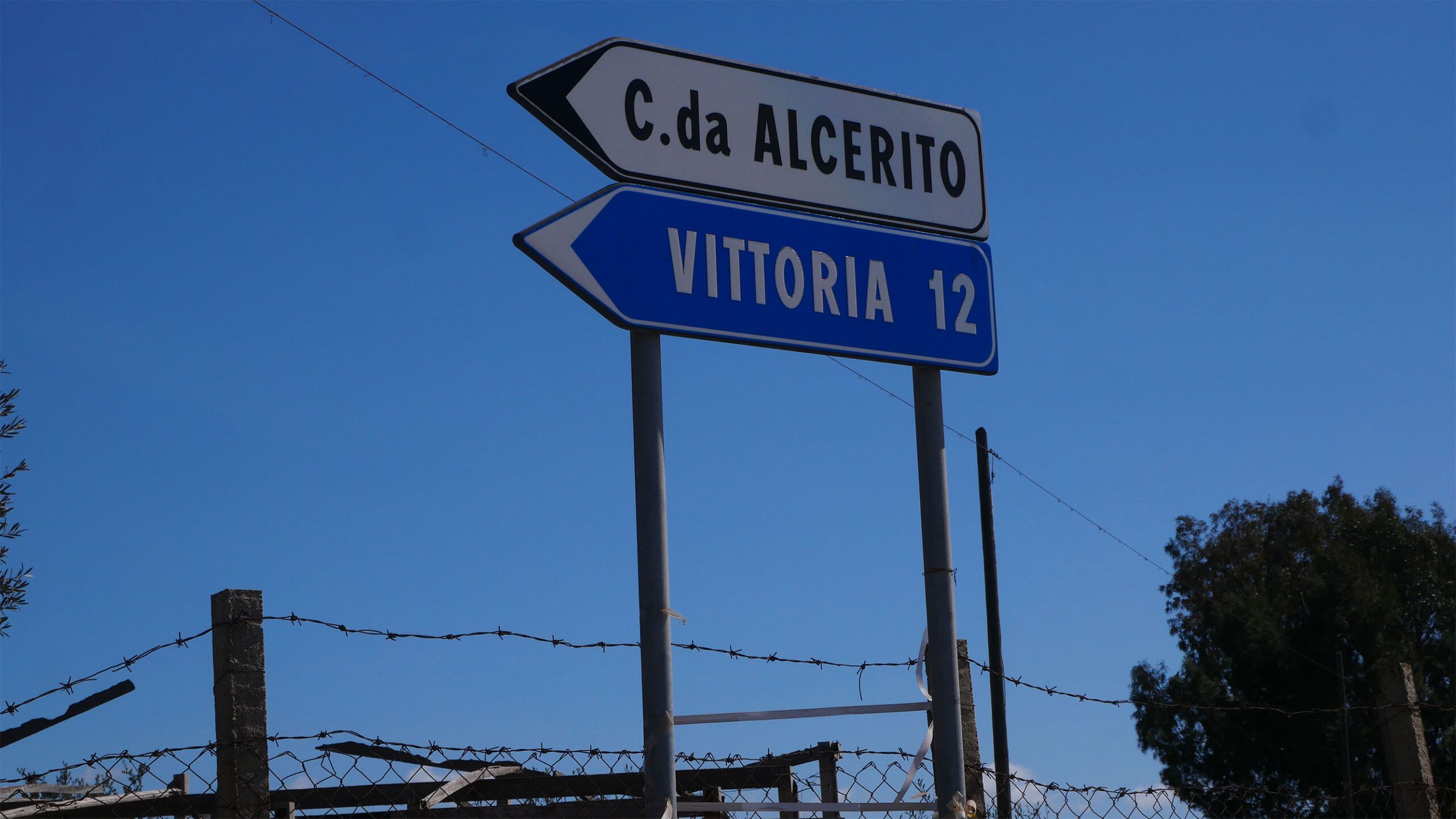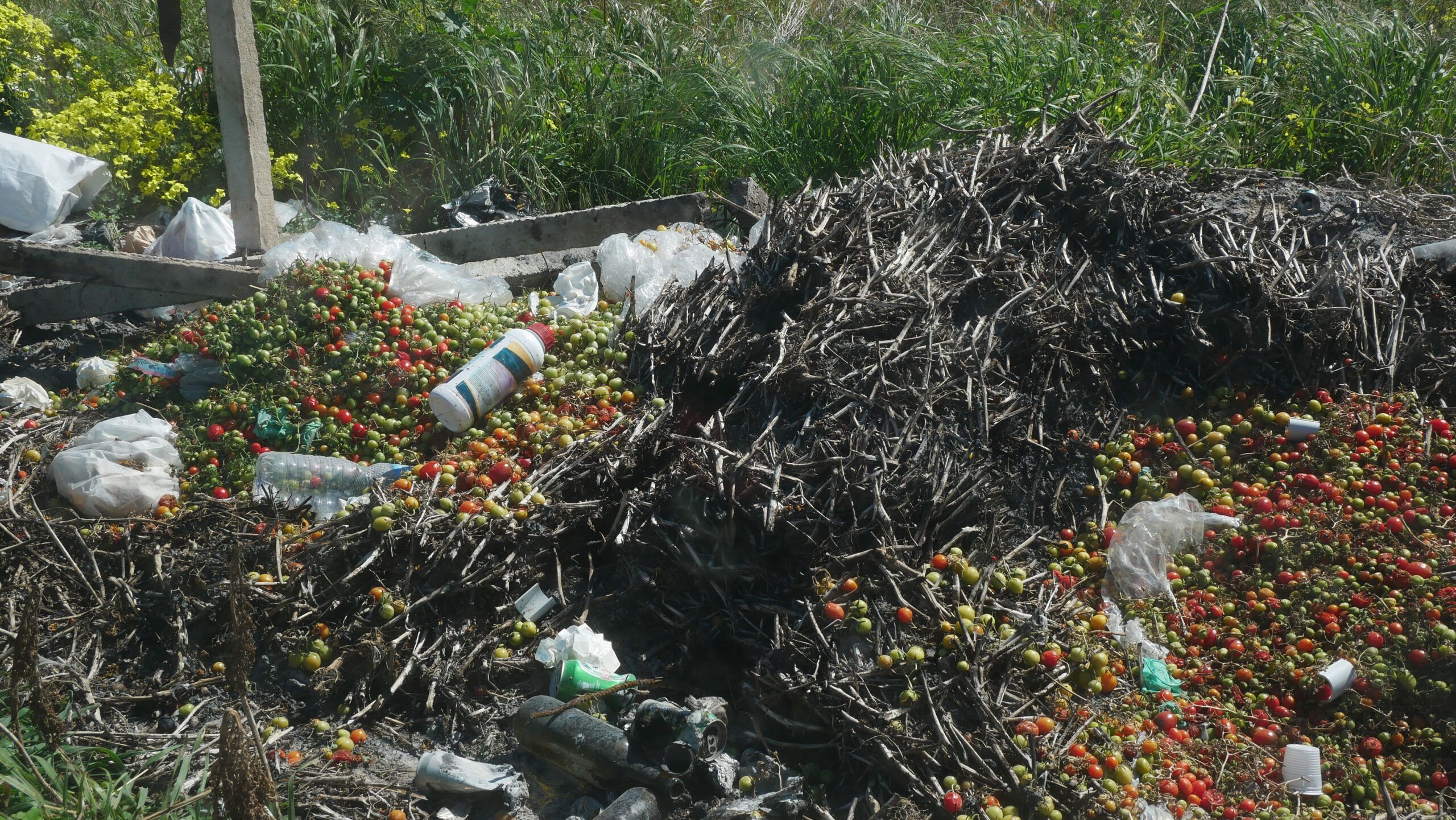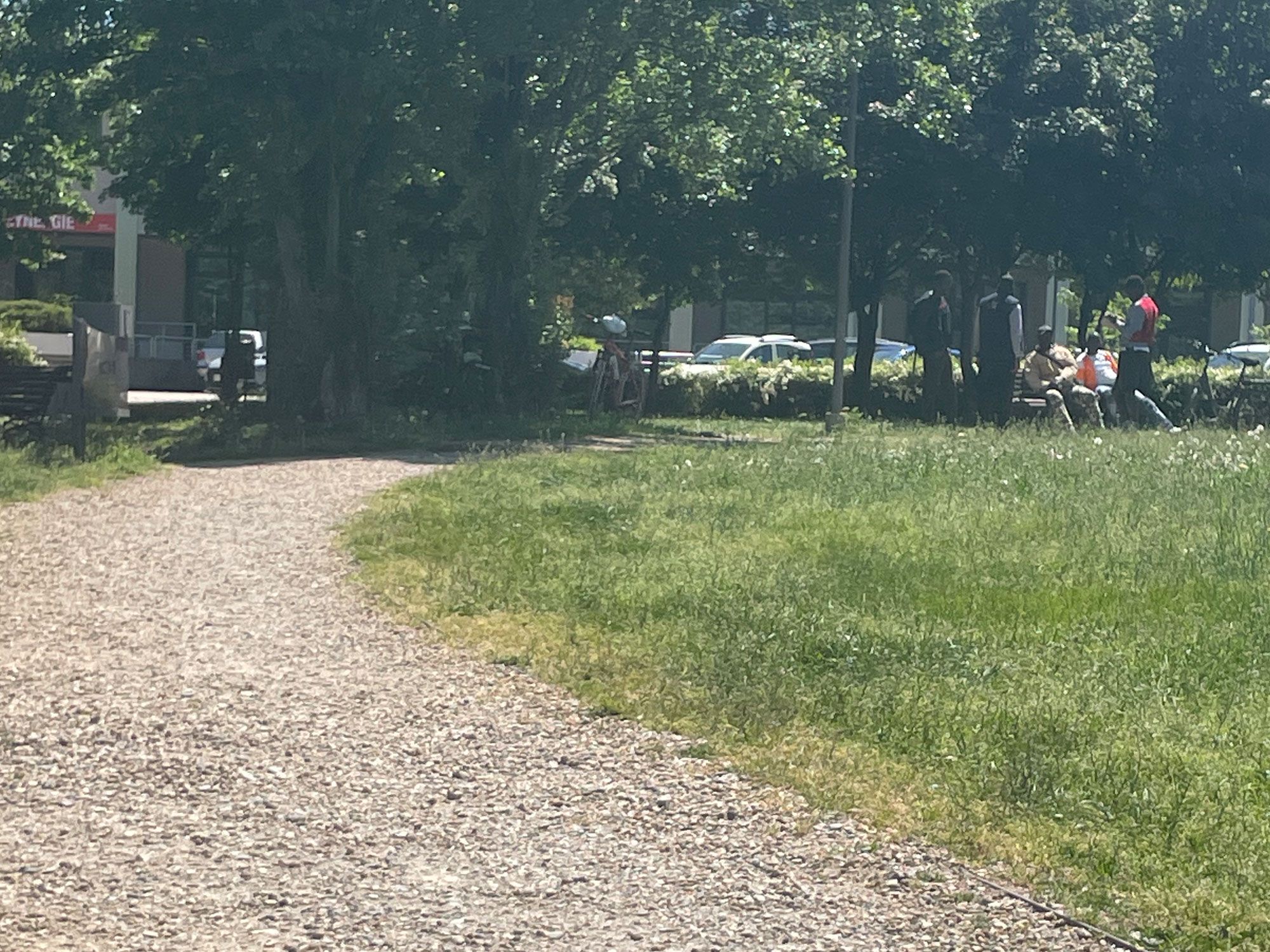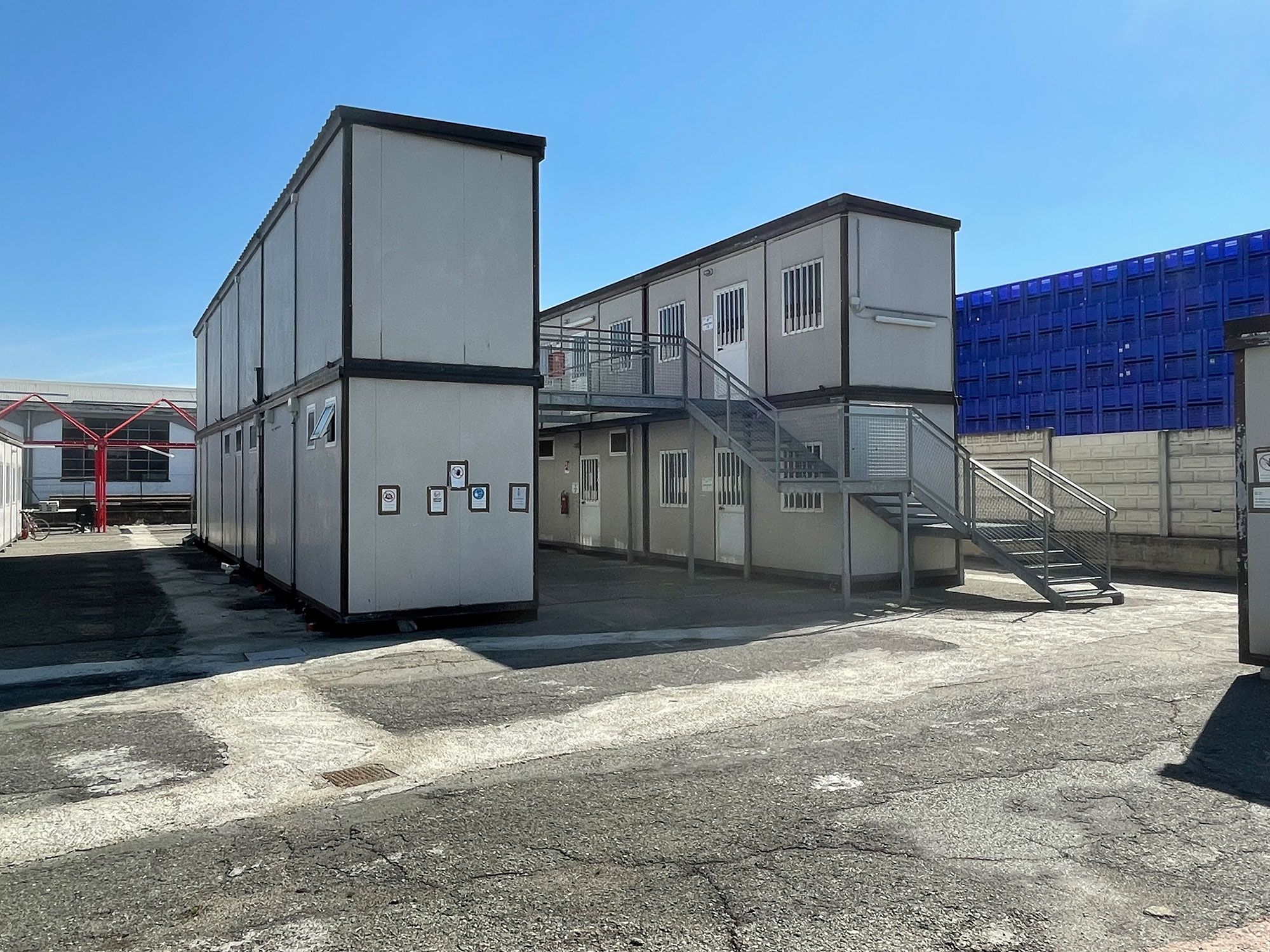THE RURAL AREA
“Rural areas as crucial places for dynamics of migrants’ exploitation, mobility, resistance and solidarity”
The profound restructuring of agricultural production and food chains, the lack of appropriate and fair-trade policies and widespread underpaid employment conditions for unskilled work have had a strong impact on migrant workers’ exploitation in farming activities. Moreover, the further adoption of an approach toward migration in terms of security and public safety has recently led to a significant increase in the number of undocumented migrants and illegalized asylum seekers excluded from the reception system and abandoned to themselves and pushed to move.
In the rural areas, informal and illegal employment and recruitment agents, known as ‘caporalato’, responsible for the payment, working and lodging conditions of the workforce, usually adopt a modus operandi based on abuse and violence – both physical and psychological – accompanied by threats and blackmailing practices. Hence, the risks of exploitation in this sector have increased, especially for asylum seekers excluded from the reception system and left in a sort of limbo and migrants on the move. Workers’ vulnerability and isolation have also grown, as shown by the living conditions and social marginalisation experienced in ghettos and shantytowns located far from urban centres.
Paradoxically, however, these places are also among the few where migrant workers, in many cases women, can experience some forms of solidarity and self-help support. This is where they come into contact with the services provided by NGOs, cooperatives and trade unions and engage, both individually and collectively, in forms of resistance and activism against the exploitation and violence which actually represent an essential part of the current global capitalist political economy. Rural areas are crucial spaces of transit connecting different agricultural labour markets both at a regional, national and European level: migrants move across different temporalities and geographies of work in search of resources and opportunities. Furthermore, new entrepreneurial projects linked to different ideas of work – cooperative organisation – and agriculture – an eco-friendly and organic production – can emerge. Along these movements they encounter and build places of refuge and connect with local organisations and institutions declining the idea of “sanctuary cities” in the rural area.
Our case-studies
-
1
The first case-study, carried out by UniMI, deals with forms of self-organisation as well as self-entrepreneurship in alternative agri-food chains in the Piana of Gioia Tauro (Calabria) where migrants and local workers, as an outcome of the rebellion against the exploitation of farmworkers and small producers mostly involved in the citrus supply chain, constituted original experiences of production guaranteeing fair working conditions and ecological sustainability. Attention is particularly devoted to the links existing with the memory of similar forms of rebellion and self-organization carried out by local farmers and peasants during the past.
-
2
The second case-study, carried out by UniMI, addresses greenhouses and gendered exploitation and resistance in the area of Ragusa and, in particular, Vittoria (Sicily). At the core centre of this case study there are migrant women employed in agriculture and their emancipation encounters and practices aimed at contrasting exploitative working conditions and segregation practices and violations of their reproductive and sexual rights. Particular attention is devoted to participatory research practices and art-based methodologies which aim at involving migrant women in a number of workshops and activities carried out in the area and engaging civil society into the project.
-
3
The third case-study, carried out by UniGE in the fruit district of Saluzzo (Piedmont, North-West Italy), deals with the racial character of glocal agricultural production. The empirical focus of the research is on the dialectical relation between, on one side, a mobile labour-force composed by migrants, asylum seekers and international protection holders and its solidarity allies, and, on the other side, employers and institutions. The goal is to investigate how actually existing dynamics of hyper-exploitation, precarious housing, and discrimination are structured and continuously reinvented by an economical power relation which is fundamentally based upon the racialization of the (juridical, national and ethnical) difference embodied by migrant living labour. On the abstract level, our operation consists of a creative intersection between the theory of “racial capitalism” and “border as a method”.
Rural area team
Monica Massari is Associate Professor at the University of Milan where she teaches Sociology of Memory, Global Societies and Rights, and Comparative Social Systems. Her research activities mostly address issues related to new forms of racism and discrimination in Europe and Mediterranean migration with a specific focus on migrants’ traumatic memories, gender dynamics and forms of exploitation. Her methodology largely relies on the use of biographical methods and narrative approaches. Beside coordinating UNIMI’s group involved in MOBS, she is also the local PI of Horizon2020 project ITHACA and Scientific Coordinator of the Marie Curie Postdoctoral Global Fellowship MEMODIAS on memory practices of the Afghan and Somali Diasporas in the USA and Italy.
Federica Cabras, PhD, is Research Fellow at the Department of International, Legal, Historical-Political Studies of the University of Milan. Her research interests mostly address issues related to human trafficking, with a specific focus on sexual and labour exploitation of women. She has recently carried out fieldwork activities on the Italian prostitution market and the links between exploitation and religious dimension in Nigerian human trafficking system. Whitin MOBS, she is involved in research activities concerning the rural transit space with the case studies Greenhouses and gendered exploitation and resistance and Self-entrepreneurship in alternative agri-food chains.
Alessandra Cianelli, indipendent researcher, artist, cultural practitioner. She works at the intersection of private and collective memory practices, producing video, audio, writings, performances, workshops. One of her most recent project, Il Paese Delle Terre D’Oltremare (The Land of Overseas Territories), explores colonial/post-colonial archives, focusing on the monumental exhibition complex Mostra d’Oltremare in Naples. Member of the Centre for Postcolonial and Gender Studies and TRU-Technological Research Unit, at the University of Naples l’Orientale, she founded Dormire Foundation in 2014, a no profit cultural association and informal residence project for artists, thinkers, researchers. Within MOBS, she is currently collaborating with UNIMI’s team in conceiving and implementing the visual and artistic dimension of research activities.
Luigi Di Cataldo is Research Fellow at the Department of International, Legal, Historical-Political Studies of the University of Milan. His research interests deal with labour, regulation and industrial relations. He has recently carried out various research projects on platform work from an interdisciplinary perspective that combines legal and sociological categories and techniques. Among his publications, several contributions deal with the case of riders involved in food delivery. Within MOBS, he is involved in research activities concerning the urban transit space and the case study Migrant riders and trade unionism.
Ombretta Ingrascì, PhD, is Research Fellow at the Department of International, Legal, Historical-Political Studies of the University of Milan. Her research interests mainly focus on organized crime – especially from a gender perspective –, human smuggling and women’s trafficking for sexual exploitation. She currently works within the research unit of the Horizon project ITHACA. Interconnecting history and archives for migrant agency and since the beginning she has been collaborating with MOBS’ UniMI team, especially in addressing gender issues and various forms of migrants’ exploitation.








